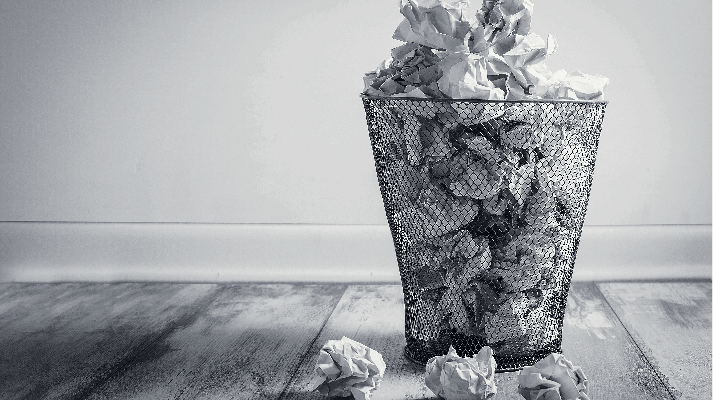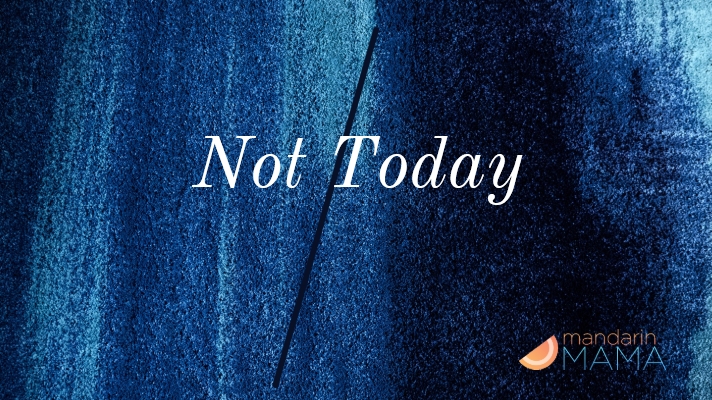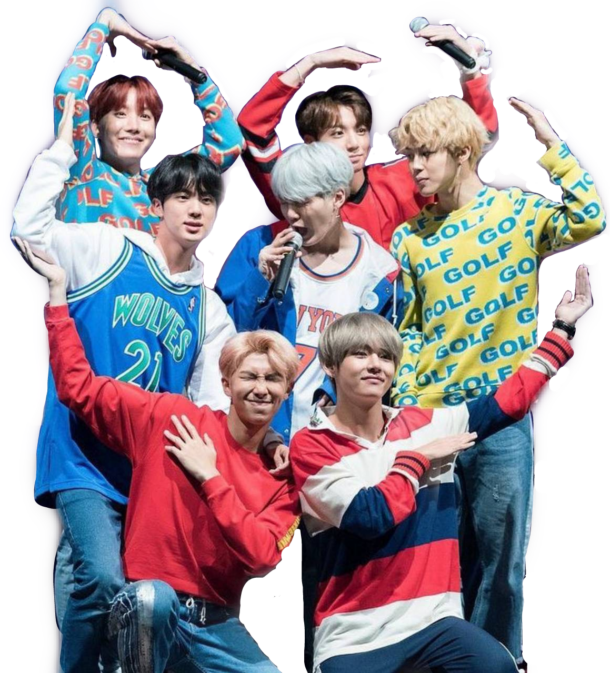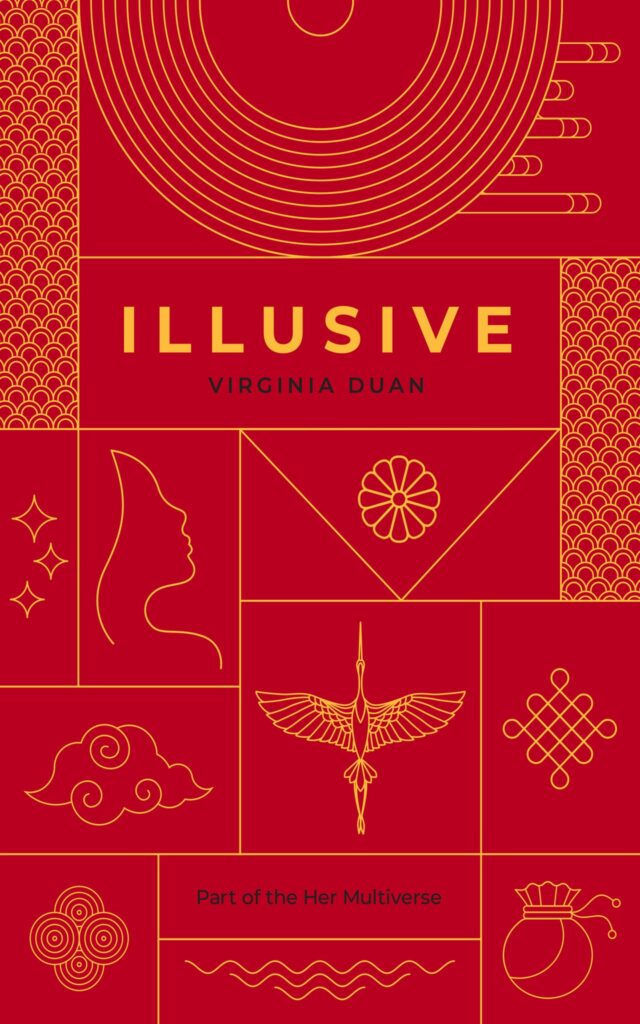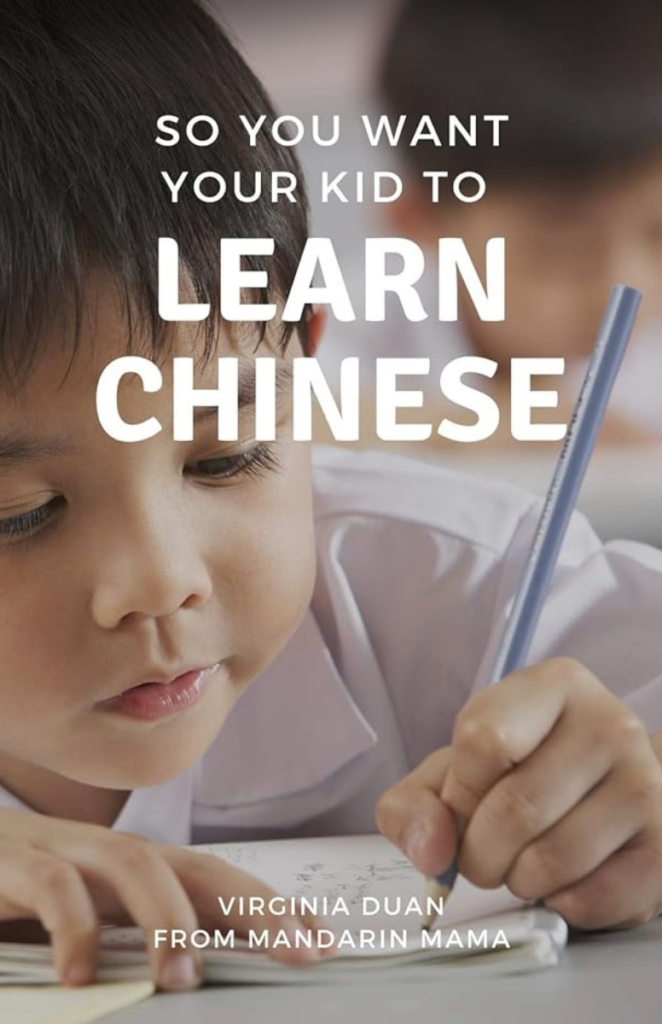This year has been a tough season for wording.
I have too many words, swirling and amorphous. They wait for me to create order from the jumble of half-formed phrases, punchy one-sentence theses, ponderous paragraphs, and the occasional spiky bon mot in the rough and tumble of my writerly mind.
I fear that if I ignore them for too long, they will evanesce and go off to haunt some other writer who will corral them into well-behaved sentences — or worse yet — into genius-shaped prose both heartbreakingly beautiful and pant-shittingly hilarious.
This other writer would know what to do with the big feelings I want to write about but am too emotionally constipated to feel and dissect. They would be brave and set aside time to unravel, unfurl, and untangle their snarled fears and desires. They would unflinchingly peer into their deepest heart and translate their inchoate yearnings into incisive observations and life-changing wisdom.
This writer would be able to make sense of my mess. This writer would be able to tell my story better than I could. This writer would transcend me.
I would hate them.
I hate them now, fictional as they are.
These are my words. Why, then, can I not just shit them out?
Sometimes, it’s hard for me to read other Asian American writers
I’m ashamed to admit this, but occasionally, I start reading books by my fellow Asian American writers and even a few paragraphs in, I want to throw all my writing away. I feel this way especially with Ocean Vuong and his poems and books. Just throw myself away and count myself lucky that I live in a world where I can read and experience the subliminal ache his writing evokes.
The other day, I started reading “The Night Parade” by Jami Nakamura Lin and once again, I want to hard delete anything and everything I’ve ever written. How dare I write in the presence of REAL WRITING. How dare I say I’m a writer when in the presence of a REAL WRITER.
I despair.
I know for a fact I could never write the way Lin and Vuong write. I cannot craft narrative and hurt in the ways that they do. I cannot make the connections that they make. Their minds are so far above mine that I cannot even hope to meet them. I can never hope to be their peer.
Representation is important
This despair, this throbbing fear, this goddammit I’ll never make it through — this is what happens when there isn’t enough representation. This is what happens when Asian Americana is distilled through the lens of only a few, and the few are the excellent of the excellent.
But I don’t want to talk about representation in art and writing. I find the topic boring and overdone — but I want to acknowledge it. I want to give it the universal minority head nod of I see you as I walk down the street to my real destination.
This is not my story; of course, I cannot write it
Comparison is the thief of joy, and so, I think, is competition. (I suppose there are some who enjoy such things, but I, myself, am not one of them.) What if, instead, I saw it as companionship. As comradery. As compilation. As chorus.
What do the perfection of Vuong and Lin have to do with me except to help kick down more doors? They go before me so I can come after.
In my more reasonable moments, I realize I can no more write their stories than they can write mine. I reassure myself that if I lose my words — even if I throw them all away — I will find new ones.
I can find new words.
As I am ever-changing, so, too, is my vocabulary.
What I could have been
They don’t mention that sometimes, the comparison is with yourself. With a self that never existed except, perhaps, in my daydreams.
I think: what a writer I could have been if I had no children. No tiny humans pressing their insistent needs, screaming their itinerant wants, burrowing their inveterate bodies into me, me, me.
Except: having children transformed my writing. Their existence created the need and space inside me to process my matrescence. They were my inciting incident. It was in the raising of humans that I could deliberate on what it meant to be human.
Perhaps I would have found my way back to writing without them. Perhaps I would have pondered deeply and had my existential and exvangelical crises anyway. Perhaps I would have been brave in that timeline, too.
Ultimately, it does not matter. That self does not exist. (If she did, would she still be me?)
I can only plod onwards. The only way out is through (and other pithy clichés that are true and also trite).
I find myself desperately wanting to force this rambling into some inspirational nonsense, to give the formless form. Instead, I will leave it thus unsatisfactorily; untidy and unclean.
This is how life goes.

